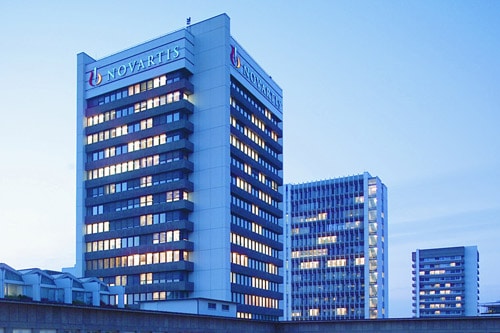
Novartis’ hopes of positioning pegpleranib as a duo alongside its big-selling age-related macular degeneration (AMD) drug Lucentis have been dashed.
The results of two phase III trials of pegpleranib – an anti-PDGF aptamer originally developed by OphthoTech – showed that adding it to therapy with Lucentis (ranibizumab) in patients with the neovascular or wet forms of AMD provided no additional benefit over Lucentis given alone.
The news is a big disappointment for Novartis, which recently listed pegpleranib – given the proposed trade name of Fovista – as one of six late-stage pipeline projects that it considers high priority.
It saw the new drug as a means of boosting its AMD franchise as Roche-partnered Lucentis continues to decline in the face of increased competition from Bayer and Regeneron’s Eylea (aflibercept) and off-label use of Roche’s Avastin (bevacizumab). In the first nine months of 2016, Novartis reported sales of Lucentis slipped 11% to $1.56bn.
AMD affects up to 25 million people worldwide and is the leading cause of early blindness in the industrialised world.
While a minor blow to Novartis as well as Roche – which had a deal in place for a share of pegpleranib revenue outside the US – the news is crushing for Ophthotech, which saw its shares plummet 86% yesterday as news of the setback broke. The company is still sitting on plenty of cash reserves, however, and has another drug candidate – Zimura for a dry form of AMD – in mid-stage trials.
Novartis paid Ophthotech $200m upfront for rights to the drug outside the US in 2014 in a deal valued at up to $1bn, and it is the biotech’s principal asset.
“The key message from the data is that the proven efficacy of Lucentis monotherapy was not improved by the addition of pegpleranib,” said Vasant Narasimhan, Novartis’ chief medical officer. “We are fully committed to innovate and grow Lucentis as standard of care in diseases of the retina and to continue our research in this area.”
The Swiss pharma giant said it would now focus its efforts to develop a new generation of AMD treatments on RTH258 (brolucizumab), which is in phase III trials and due to generate results in 2017.




